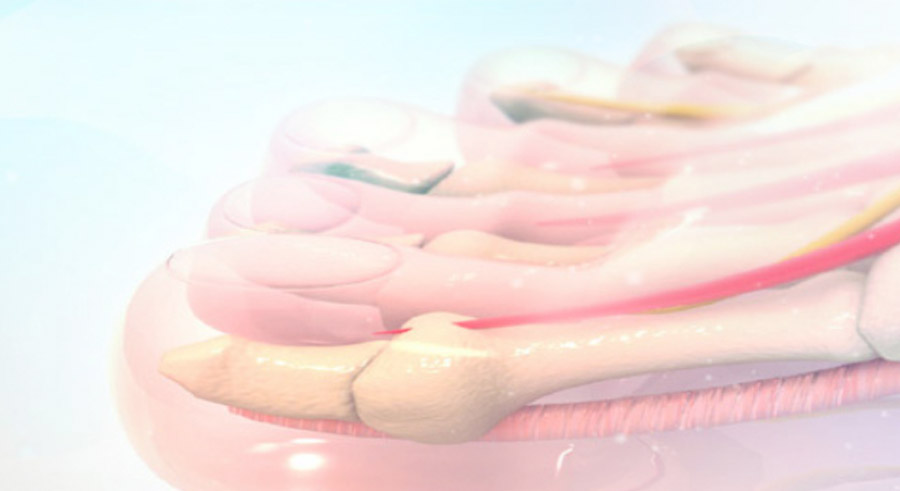Nail fungal infections are known to be very common conditions, especially in the aging population. However, bacterial infections and skin disorders can mimic the fungal presentation and may lead clinicians to choose ineffective treatment regimens.
The diagnosis of nail infections can take up to 3-4 weeks with conventional techniques and the treatment protocols are complicated, costly, and carry risks. A patient’s quality of life is negatively impacted for most individuals and particular subsets of the population with diabetes and immunocompromised systems can experience significant complications leading to secondary infections and amputations.
The utilization of advanced molecular PCR technology has proven to be more sensitive and specific than cultureresults and can help clinicians rapidly identify the causative agent(s) before developing a treatment plan.
Clinical Solution
KorPath™ offers the clinician access to the most advanced molecular methodology for pathogen detection, semi-quantification, and resistance gene identification. KorPath™ delivers rapid and precise results accompanied by PharmD guidance that considers published sensitivity and susceptibility patterns, medication costs, antibiotic spectrum of activity, and FDA guidance.
The end product is a patient-centered, value-based care solution that enables providers to make informed treatment decisions that could avoid inappropriate therapy, excess costs, adverse drug events and the progression of disease.
Clinical Advantages
Test results could be delayed in some circumstances when there is error in clerical documentation collections, lab handling, or a delay in shipping.
Antibiotic Resistance Classes
(49 Genes Tested in Reflex to a Positive Pathogen)
- Aminoglycosides
- Ampicillin
- Carbapenems
- ESBLs (Beta-lactamases)
- Macrolides
- Methicillin
- Polymyxins
- Quinolones
- Sulfonamides
- Tetracyclines
- Trimethoprim
- Vancomyci
Nail-ID™ Testing Menu
Fungi
- Candida spp.
- Trichophyton rubrum
- Trichophyton spp.
- Acremonium strictum
- Alternaria
- Aspergillus spp.
- Epidermophyton floccosum
- Fusarium solani
- Microsporum spp.
- Scopulariopsis brevicaulis
Bacteria
- Acinetobacter baumannii
- Bacteroides fragilis
- Corynebacterium striatum
- Klebsiella pneumoniae
- Klebsiella oxytoca
- Morganella morganii
- Pseudomonas aeruginosa
- Salmonella enterica
- Serratia marcescens
- Staphylococcus aureus
- Staphylococcus epidermidis
- Streptococcus agalactiae
- Streptococcus pyogens
- Enterococcus faecalis
- Enterobacter cloacae
- Escherichia coli
- Staphylococcus haemolyticus
- Citrobacter freundii




